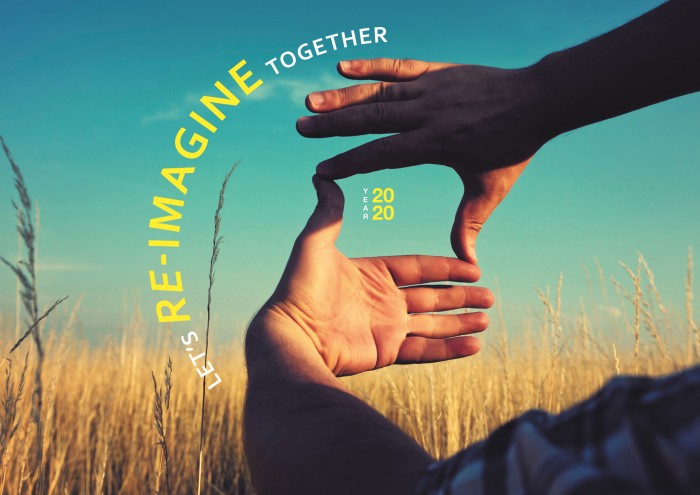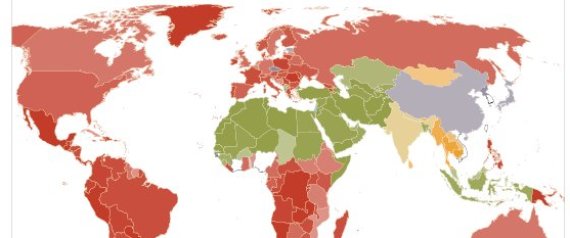
To reimagine is to remake, recreate, re-think, or form a new conception of something. Reimagining our future as a multicultural church is what director of the synod’s Cross-Cultural Mission and Ministry unit, Rev SweeAnn Koh is asking UCA members to do.
What does it mean to be a multi-cultural church as we proudly declared ourselves to be in 1985?
What does it mean to be a multi-cultural church as we proudly declared ourselves to be in 1985?
This is particularly relevant at a time when our federal government is reimagining multiculturalism. Prime Minister Tony Abbott has eliminated the position of Minister for Immigration, Multicultural Affairs and Citizenship. In its place he has installed a Minister for Immigration and Border Protection, thus removing the word multiculturalism itself.
Australia is a multicultural country – the vast majority of the people who currently call Australia home have ancestry that originated somewhere else.
The irony of the ‘Stop the Boats’ campaign by the coalition is that we are a country full of boat people, or people (or descendants of those) who have ‘come across the seas’ to share in Australia’s ‘boundless plains’. The culture of the First Australians, here for 40,000 years before white settlement, adds another important multicultural element into the mix.
Because of the recent changes made by the government, our responsibility and role to embrace the cultural diversity within our church becomes paramount. So often when the state fails citizens, minority groups and those most in need, the church picks up the slack – but we are not a self-proclaimed multicultural church out of necessity or obligation. We choose to be one because of a belief that these differences are a gift.
The “We Are A Multicultural Church” statement adopted by the 4th Assembly of the Uniting Church in July 1985 states UCA’s belief that; “Christians in Australia are called to bear witness to a unity of faith and life in Christ which transcends cultural and economic, national and racial boundaries… Jesus Christ has made peace between people of every race, culture and class. This unity too is a gift of God, a foretaste of the reconciliation of all things in Christ. It is also a goal to be achieved as we commit ourselves in one fellowship to achieve justice, affirm one another’s cultures, and care for any who are the victims of racial discrimination, fear and economic exploitation.”
Part of reimagining ourselves as a multicultural church is revisiting a model which often sees a wide variety of cultural groups respecting each other’s differences but still remaining quite separate and disconnected.
Mr Koh asks if we are in danger of espousing the idea of multicultural harmony yet only enacting it on a surface level.
To counter this trend, CCMM have created a new program called ‘Below the surface: congregation to congregation partnership’. The program invites two congregations to build an intentional partnership over two years – one congregation comprising predominantly Anglo-Saxon members and the other comprising predominantly CALD (Culturally and Linguistically Diverse) members.
The hope is this program will encourage more congregations to engage on a deeper level with congregations of a different culture in a way that goes beyond lip service or tokenism.
Participating congregations will sign a memorandum of partnership committing to: share combined church council meetings at least twice a year; participate in at least one joint congregational activity per year; keep informed of each other’s specific programs; attend a cross-cultural weekend once a year facilitated by the CCMM unit; celebrate each other’s culturally significant dates and occasions and participate in mutual prayer.
For more information on Mission and Service funding please visit: www.victas.uca.org.au/givingisliving






 informed us.
informed us. reported: The poor came to the Messenger of
reported: The poor came to the Messenger of 
 I've never felt the earth move but have sniffed smoke, ashes and the aftermath of bushfires. The fright of inferno is akin to the world being taken away in an instant. It makes bodies tremble and language vanish. In front of violent nature, who are we but helpless and mute?
I've never felt the earth move but have sniffed smoke, ashes and the aftermath of bushfires. The fright of inferno is akin to the world being taken away in an instant. It makes bodies tremble and language vanish. In front of violent nature, who are we but helpless and mute?






